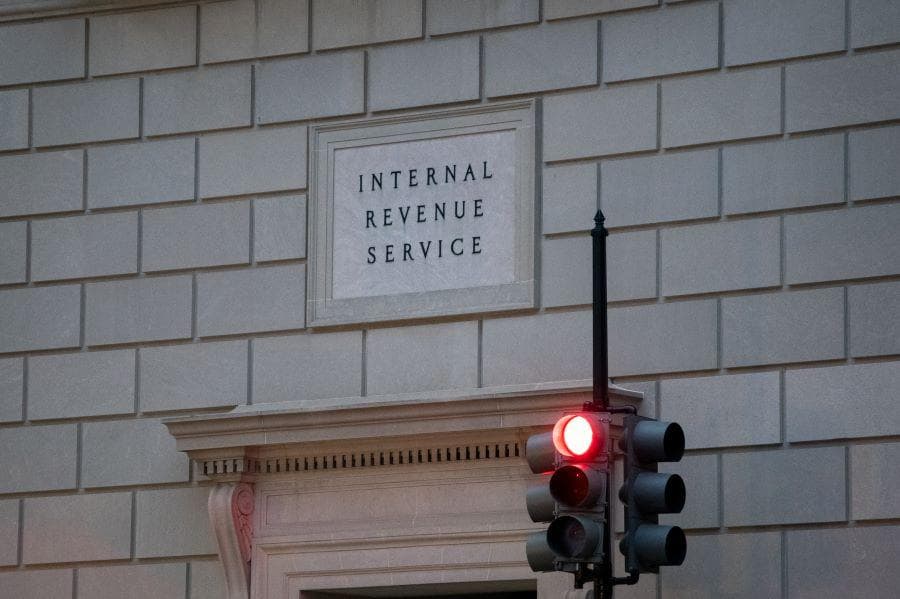
According to the Treasury Inspector General for Tax Administration, the IRS decided to destroy the data of an estimated 30 million filers due to old technology in March 2021. Officials announced that the decision was prompted by a paper filing backlog, which led to anger among the tax community.
There is no doubt that such action damaged the IRS’s reputation both in the eyes of the business world and the public. The destroyed data consists of paper-filed data for accounting purposes. This data is about taxable activity and is provided by financial institutions and employers every year. IRS Forms such as the W-2 are among these files.
According to the report, the IRS decided to destroy about 30 million paper files due to the workers’ inability to process the paper-filed tax return backlogs. They decided to make this data disappear and create a followable workflow for the IRS employees as a solution.
Commissioner Charles Rettig claimed this incident happened because of budget cuts, office closures due to the pandemic, understaffing and added duties for the staff. Although we still don’t have any information about what kind of information was destroyed, the news triggered plenty of angry responses, especially from tax professionals.

It is worth noting that any missing information may lead to a mismatch at the Internal Revenue Service, which will delay the refund operations since agencies will not be able to verify the details of the returns of their taxpayers.
The consequence of this decision is still unknown, but agencies are quite busy these days due to the events happening. They are getting constant IRS notices about the new actions. In the event that the IRS will not enter this missing data into the system, the IRS will keep sending automatic notices to agencies and taxpayers. In this regard, taxpayers and their advisors are having trouble following the new normal.
On the other hand, the IRS announced on Thursday that they were taking no action and claimed that their action would not have any negative consequences on taxpayers. Additionally, they will not be subject to any penalties that may result due to this action.
One thing we are sure of in this decision is that the business community lost its trust in the IRS and this created a huge burden on the community. They attract attention, especially from small businesses, which stress out by providing accurate information and preparing every file every January. However, they also believed that the IRS’s decision seems to imply that they do not really care about the taxpayers.
Agencies also have worries such as their ability to stay compliant with the existing and new conditions.